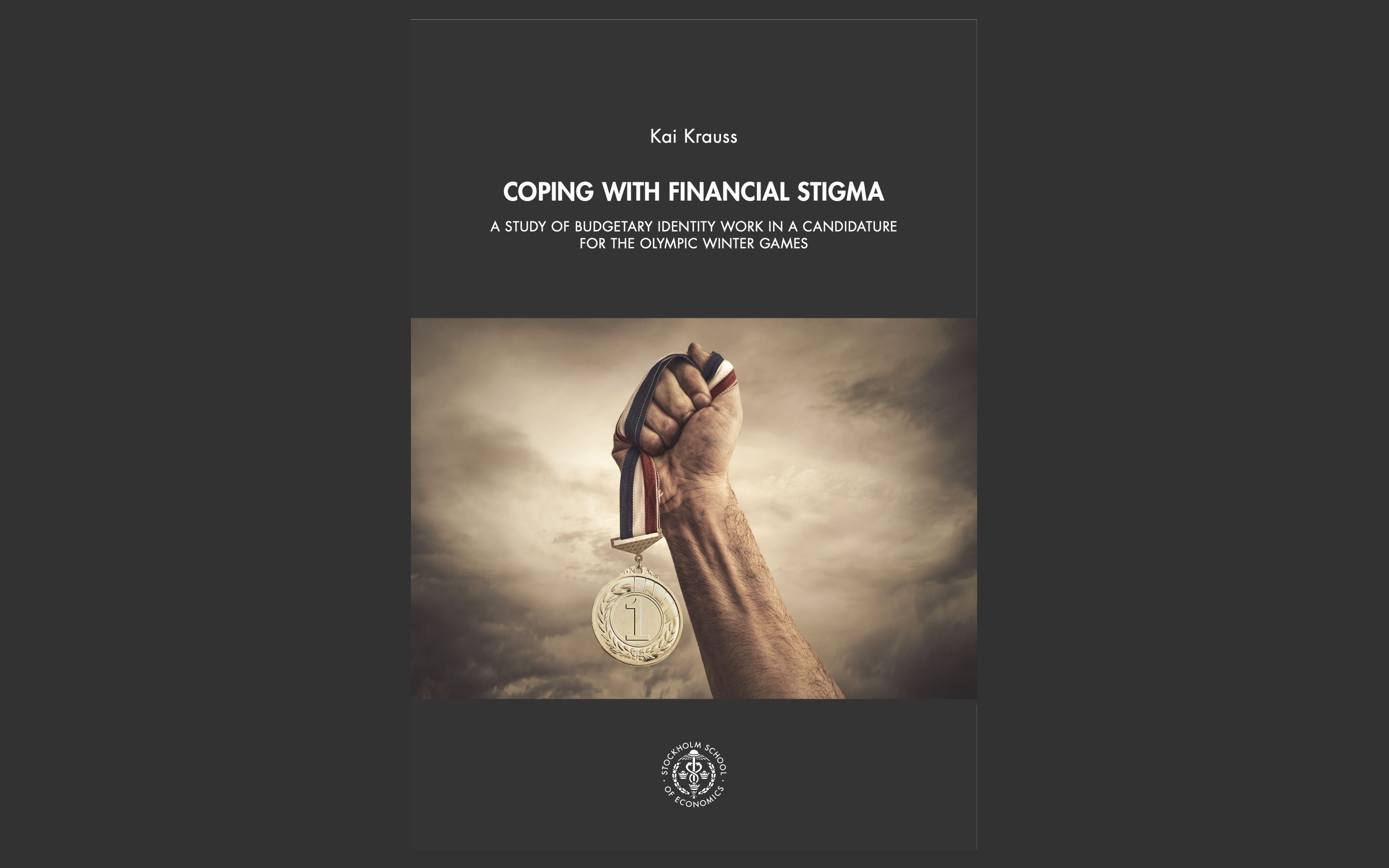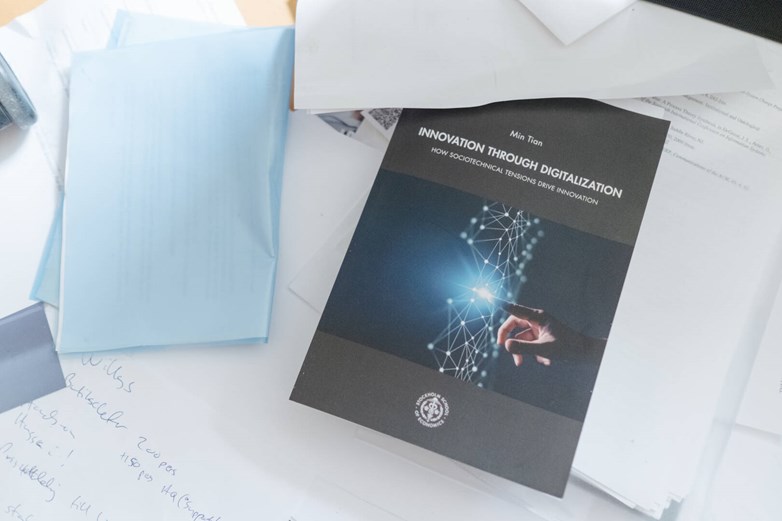PhD
CURRENT RESEARCHERS
Andjela Kusmuk
Andjela is the most recent addition to the doctoral cohort, and has been part of CSB since 2024. She brings a background as an engineer, former elite swimmer, and lifelong gamer. Her research explores the business side of esports — particularly how the scene has achieved profitability where many traditional sports struggle. Early interviews focus on factors like scalable business models and regional growth, but also highlight structural gaps between elite and Tier 2 levels. Talents are often exported instead of developed locally, and Andjela hopes her work can support more long-term strategies that strengthen Swedish esports from the ground up.
She’s also an advocate for inclusion in gaming and tech, challenging gendered labels like “female gamer” or “woman in tech.” Her TEDx talk from 2018 explores this theme, and she continues to push for representation in the industry to ensure products reflect all users.
Spotlight: How computer games can be used as a catalyst for equality in tech | Andjela Kusmuk | TEDxOslo
Fanny Almersson
Fanny has been part of CSB since 2018, when she began working as a research assistant during her BSc studies at SSE. After completing a master’s degree in accounting — including a thesis on budgeting during uncertainty with Stockholm Marathon — she began her PhD in 2021. Her research combines her academic background with a lifelong involvement in football, including years as a player and coach.
Her dissertation is an ethnographic study of Hammarby Football, exploring how management accounting interacts with barriers to gender justice. Focusing on the club’s women’s strategy “Ett Hammarby”, Fanny examines how tools like KPIs, budget models and allocation keys shape understandings of equality — whether in terms of equal resources or equal performance outcomes. She also studies how men in leadership positions influence the women’s side, and how internal comparisons between men’s and women’s teams affect organizational decisions.
Fanny is passionate about driving change within male-dominated sectors and aims to use her research to contribute both to academic literature and real-world progress toward gender equity in sport.
PREVIOUS RESEARCH
Kai DeMott (formerly Krauss)
In 2021, the CSB reached an important milestone when Kai Krauss (researcher and teacher at the Department of Accounting at SSE) defended his thesis Coping with Financial Stigma - A Study of Budgetary Identity Work in a Candidature for the Olympic Winter Games. Conducting an ethnography of the Swedish bid campaign for the 2026 Winter Olympics, Kai developed a Ph.D. thesis that was both theoretically and practically very strong.

This book provides an account of the intersection between management and accounting in one of the world’s most notorious financial disasters – the Olympic Games. More specifically, it is based on a case study of a candidature for the Olympic Winter Games, where project managers were occupied with pitching their budget for such a megaproject in the light of prevailing cost controversies.
In order to make sense of the corresponding challenges faced by these managers, the concept of organizational stigma is introduced to the social study of budgeting. In doing so, this book sheds light on the link between budgeting and stigmatization processes, the corresponding internal effects of organizational identity threats, and especially the role of budgeting to potentially overcome these threats.
Based on this, the book answers the question of why and how organizational members cope with the financial stigma of megaprojects like the Olympic Games through budgeting. It argues that, by virtue of their symbolic functions, budgets may become key attributes of such a financial stigma, which makes them pivotal objects in the identity work of organizational members.
